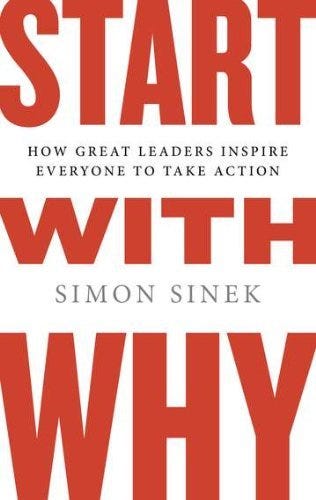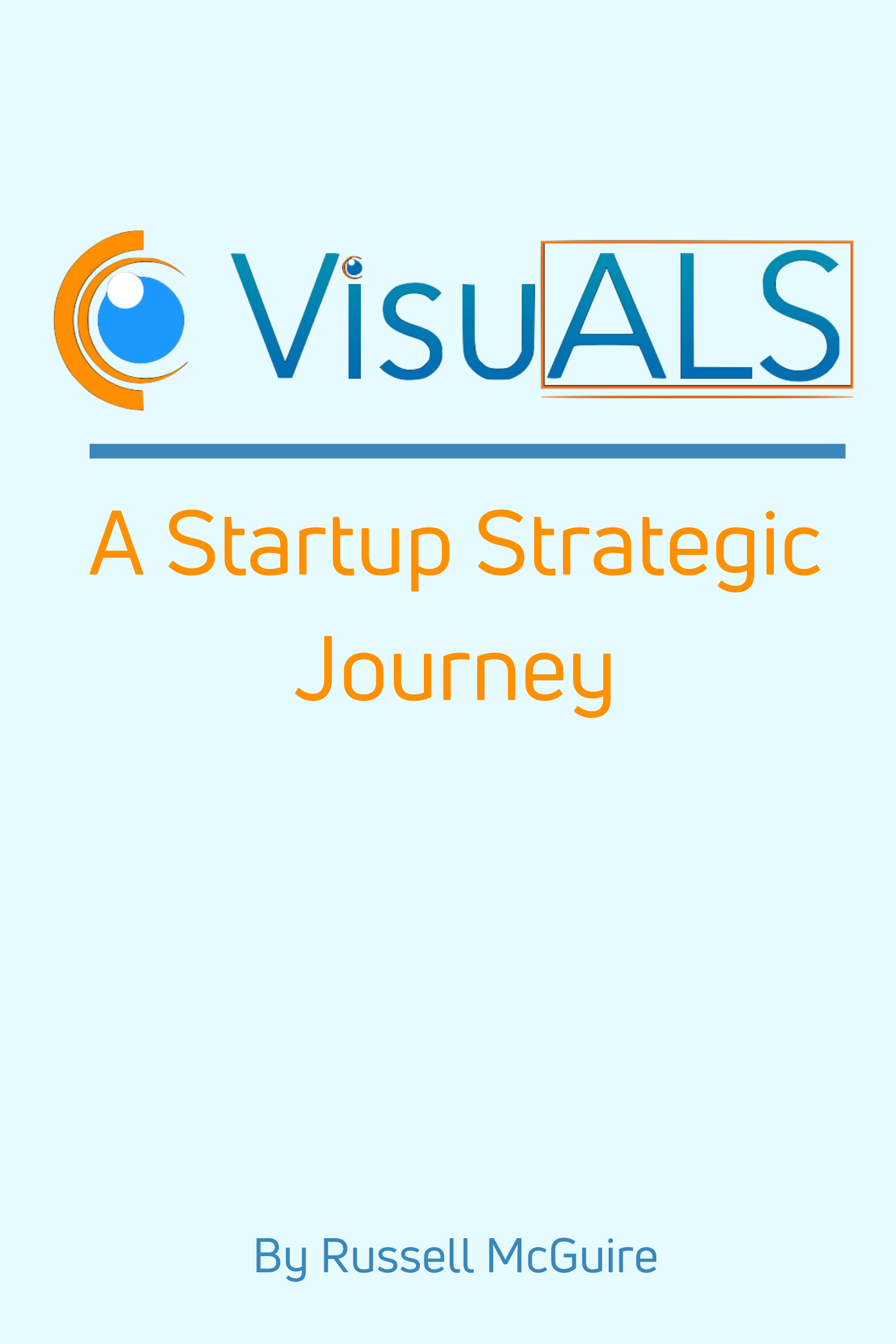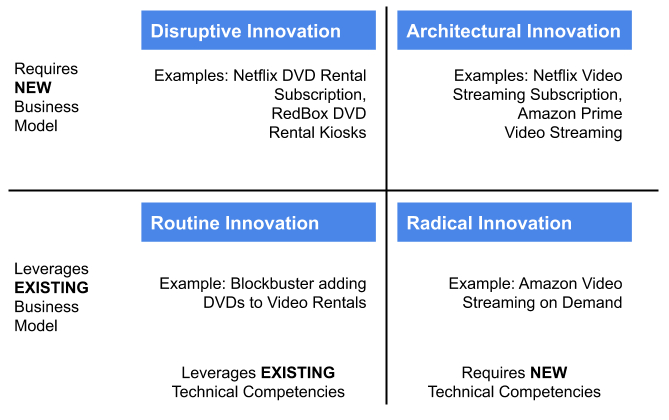This coming Tuesday, August 11, I am scheduled to be one of the guest speakers at the Lions Den DFW Pitch Practice Breakfast. This is a free virtual event. If you are a Christian investor or entrepreneur (or active in those communities), I encourage you to register online.
The Lion’s Den DFW was created to inspire, educate, and mobilize high capacity Christian business men and women to invest their efforts, talents, and resources for Kingdom Impact — pursuing “Business as Mission” investments, opportunities & lifestyles.
Lions Den events provide investors and entrepreneurs an environment to connect & collaborate that results in the creation of wealth while having a meaningful kingdom impact. The organization encourages kingdom-minded entrepreneurs to develop business ideas with a quadruple bottom line: Economic, Social, Environmental, and Spiritual, and helps investors make the right connections to put their dollars and cents into kingdom-minded, socially invested business owners and entrepreneurs.
Read the full story here.









